The start of a new year, new semester, prom season, summer season, or a relative’s wedding. All of these occasions can be a reason for people to start losing weight. Some choose juice cleanses or swapping their carb-heavy meals with super-healthy salads while others go straight to the gym for an intense cardio session.
You’ve probably also heard the old wives’ tale of calories in vs. calories out as the equation for weight loss, and are also probably aware it’s not that simple. Unfortunately, there are still people that convince themselves exercise alone will help them shed off that unwanted belly fat.
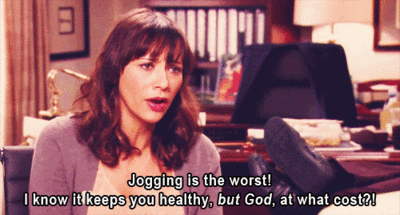
Gif courtesy of tumblr.com
Exercise is linked to numerous health benefits, especially for your bone, cardiovascular, and mental health. It can help with weight loss and management, but more and more studies are concluding that physical activity does not promote weight loss and even very active people can be prone to weight gain.
What is science saying about it?
Diet matters a lot
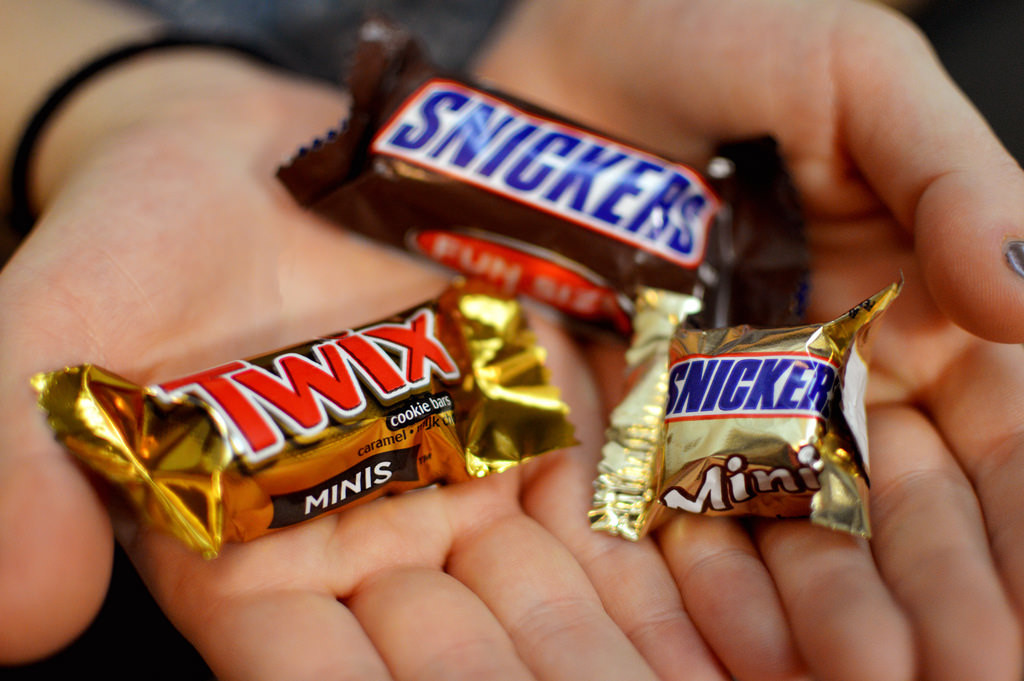
Photo by Rebecca Block
This is probably the most obvious one. I’m sure we’ve all come back from a run, or some form of aerobic workout, with a huge appetite. We also have a tendency to look at food as an immediate reward for the exercise we’ve just accomplished. Science has termed this “compensation,” and we don’t seem to very good at it.
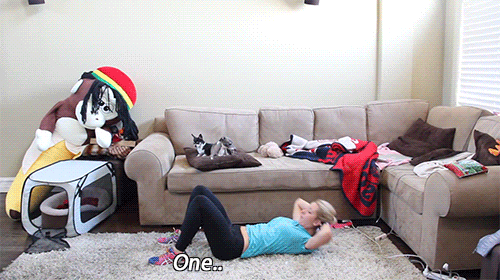
Gif courtesy of tumblr.com
A Canadian study from 2010 showed that men and women overestimated the calories they burned by 3-4 times more than the actual amount, and took in 2-3 times of the energy they needed afterwards. Surprisingly, in this study subjects underestimated energy expenditure for moderate-intensity exercise, while overestimating for the high-intensity. The amount of food they ingested after was influenced by how hard they thought they worked.

Gif courtesy of giphy.com
There is so much emphasis on pre and post-workout foods for a reason, and that’s because what you put into your body can make or break the work you put in at the gym or in your morning runs. More so, a number of studies have consistently proven that weight loss in combination with exercise is more successful.
You will hit a plateau
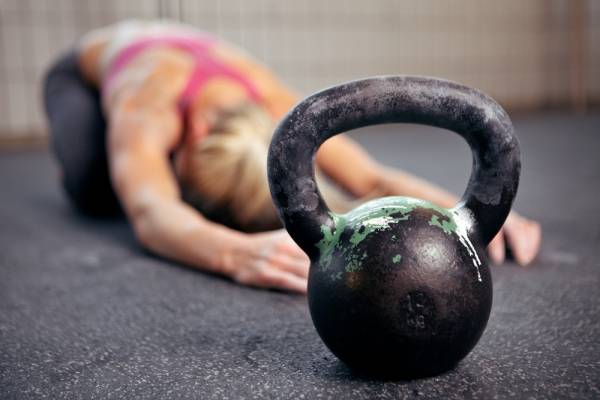
Photo courtesy of breakingmuscle.com
A study published earlier this year in the Journal of Current Biology gave insight on the effects of total energy expenditure and physical activity. The sample group featured 332 participants across Africa and the US. What they found was that those who moved more (walking, biking, doing chores) at a relatively low-moderate intensity had an increased energy expenditure, but only up to a certain point.

Photo courtesy of tumblr.com
Above this threshold (also known as the “sweet spot“), the amount of sweat you are producing will not correlate with the number of calories you are burning. This helps to explain why weight loss gets harder over time, because as you work harder so does your body in trying to maintain your calorie deficits at a constant range – hence the plateau.
Additionally, maintaining this constant range shows how our metabolism does not necessarily speed up with exercise. Research has also debunked this misconception.
How you exercise

Photo courtesy of @twobadbodies on Instagram
With all that being said, the type of exercise you do does matter. Whether it’s increasing intensity, miles, reps, whatever it may be, changing up your routine can help to avoid a plateau. By targeting different muscle groups with varying intensities, you are making it more likely for your body to help increase your total energy expenditure. The other obvious benefit is that it may keep you from getting bored of your workouts.
Not working with a (realistic) goal

Photo by Michelle Zabat
So we’ve established that varying exercises can help to avoid a plateau, but you shouldn’t just vary them mindlessly – that is, if you actually have a specific goal. If you are really motivated to lose weight then look at what lifestyle changes can help you achieve your goal in a feasible way.

Gif courtesy of tumblr.com
With that, you need to be realistic with yourself and understand that weight loss is not a one-step journey. There are multiple factors that go into it and just like there is not one magic diet, there is not one magic workout. You have to find what suits you best and try to stick with it.
Change your mindset
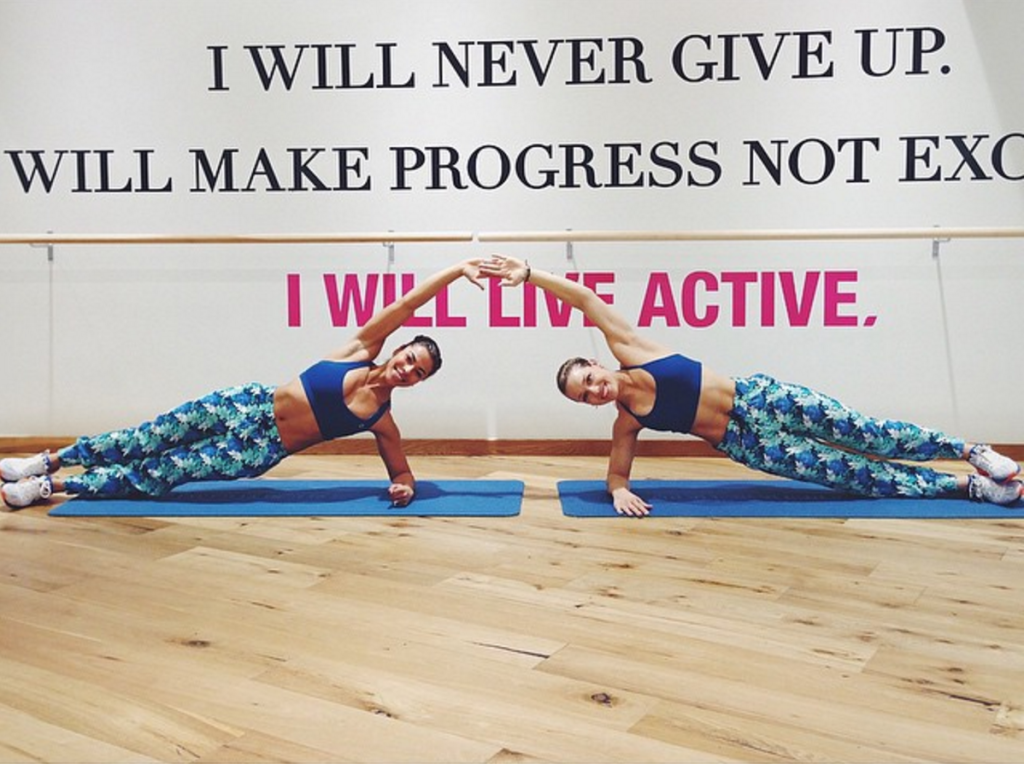
Photo courtesy of @twobadbodies on Instagram
We need to change how we think about fitness. Physical activity gives us the ability to sustain ourselves throughout our day-to-day functions. It makes us feel great and provides us with benefits that will lead towards a happier and healthier life. Ultimately, this should be why we get off our couches and start moving: because we want to feel good inside and out. Find your motivation, and I assure you, the results will follow.


